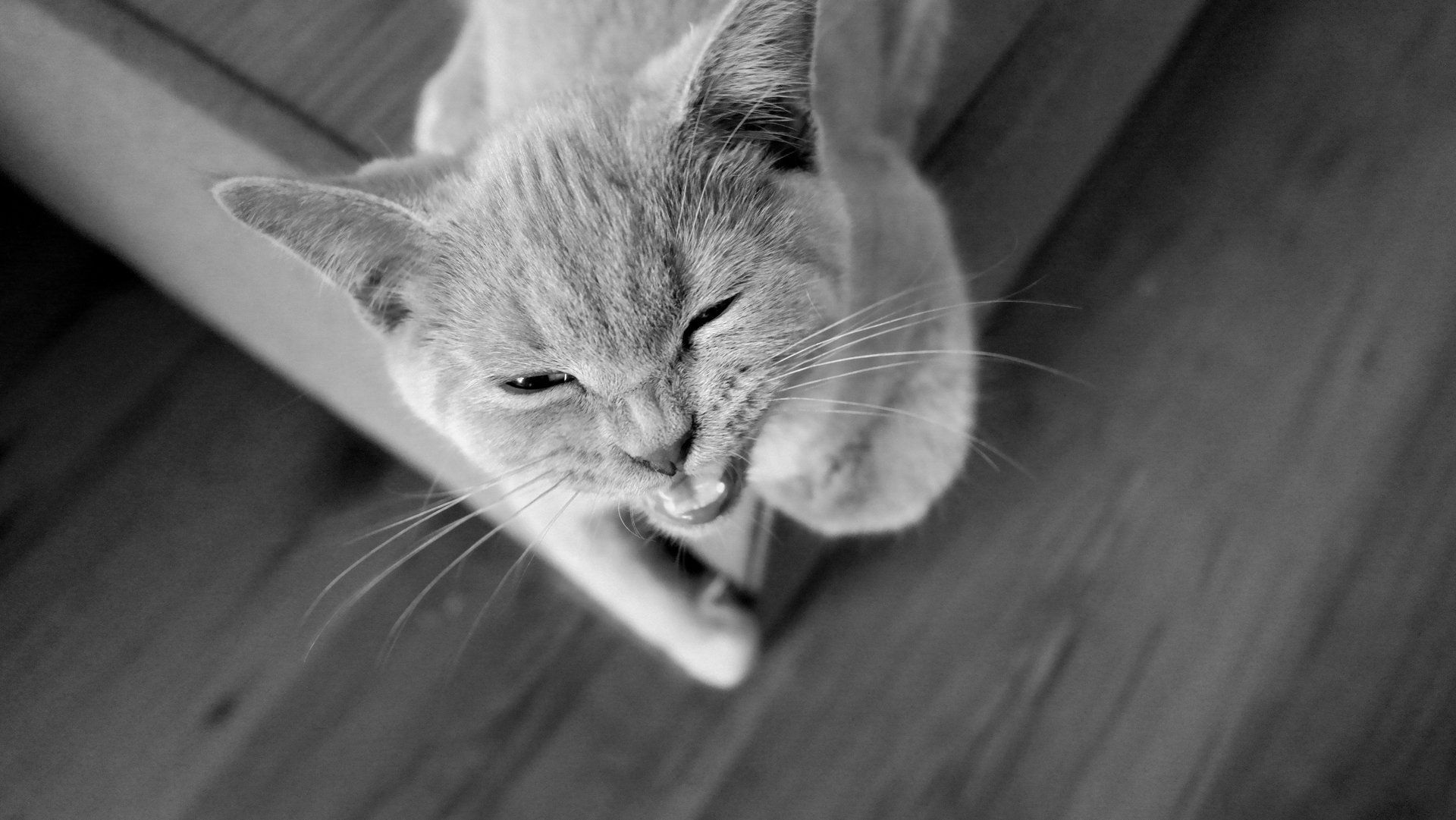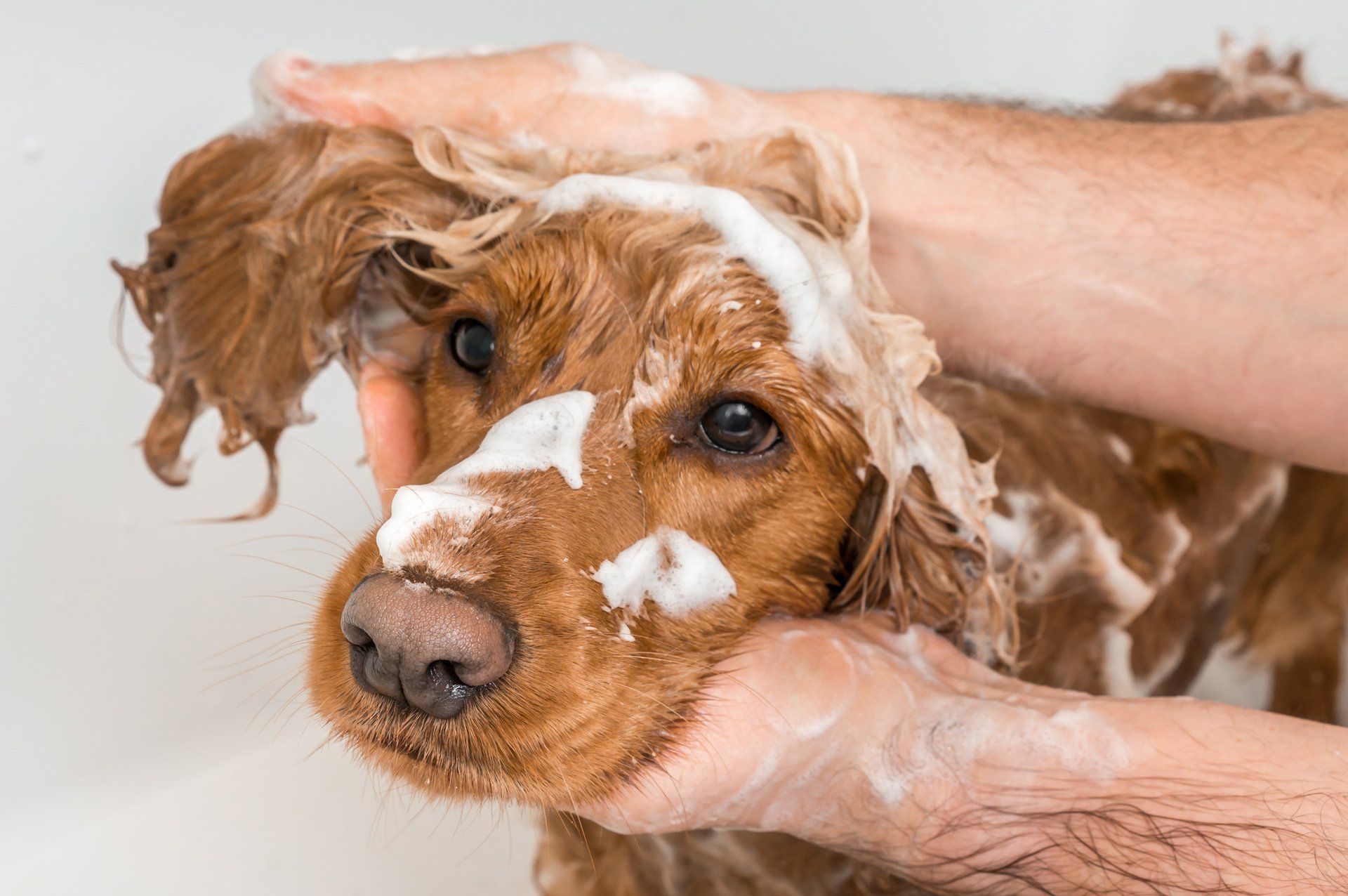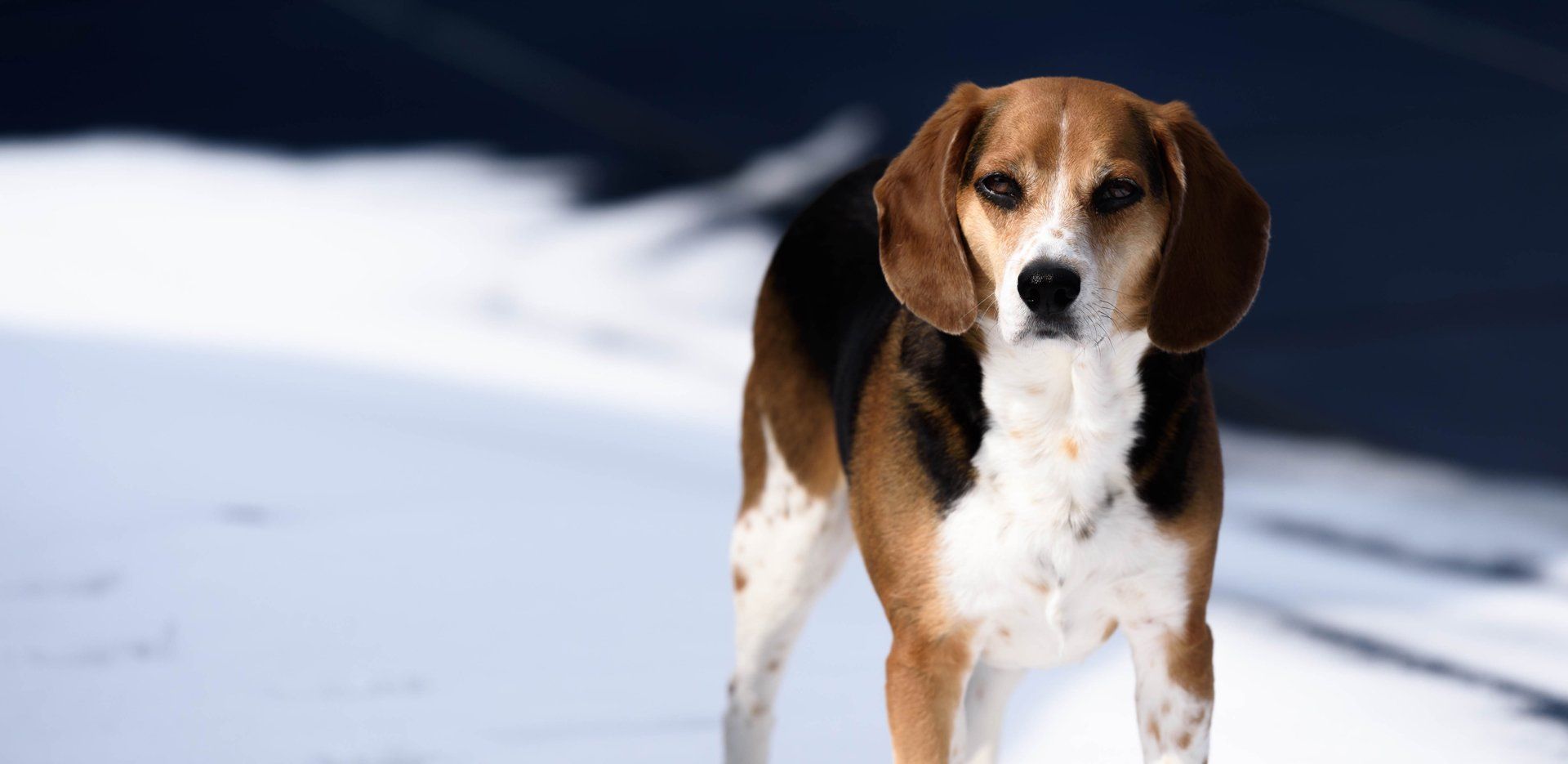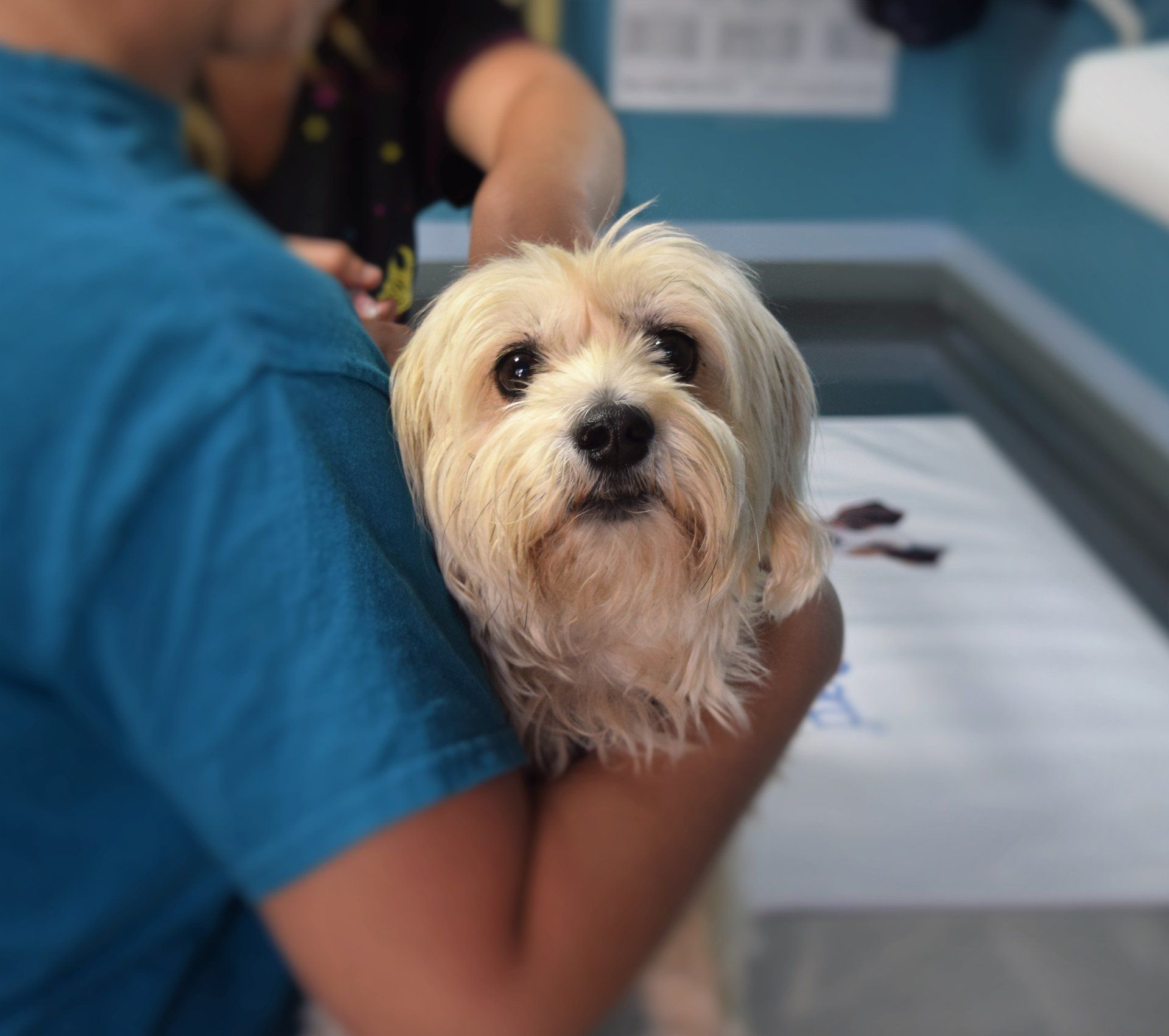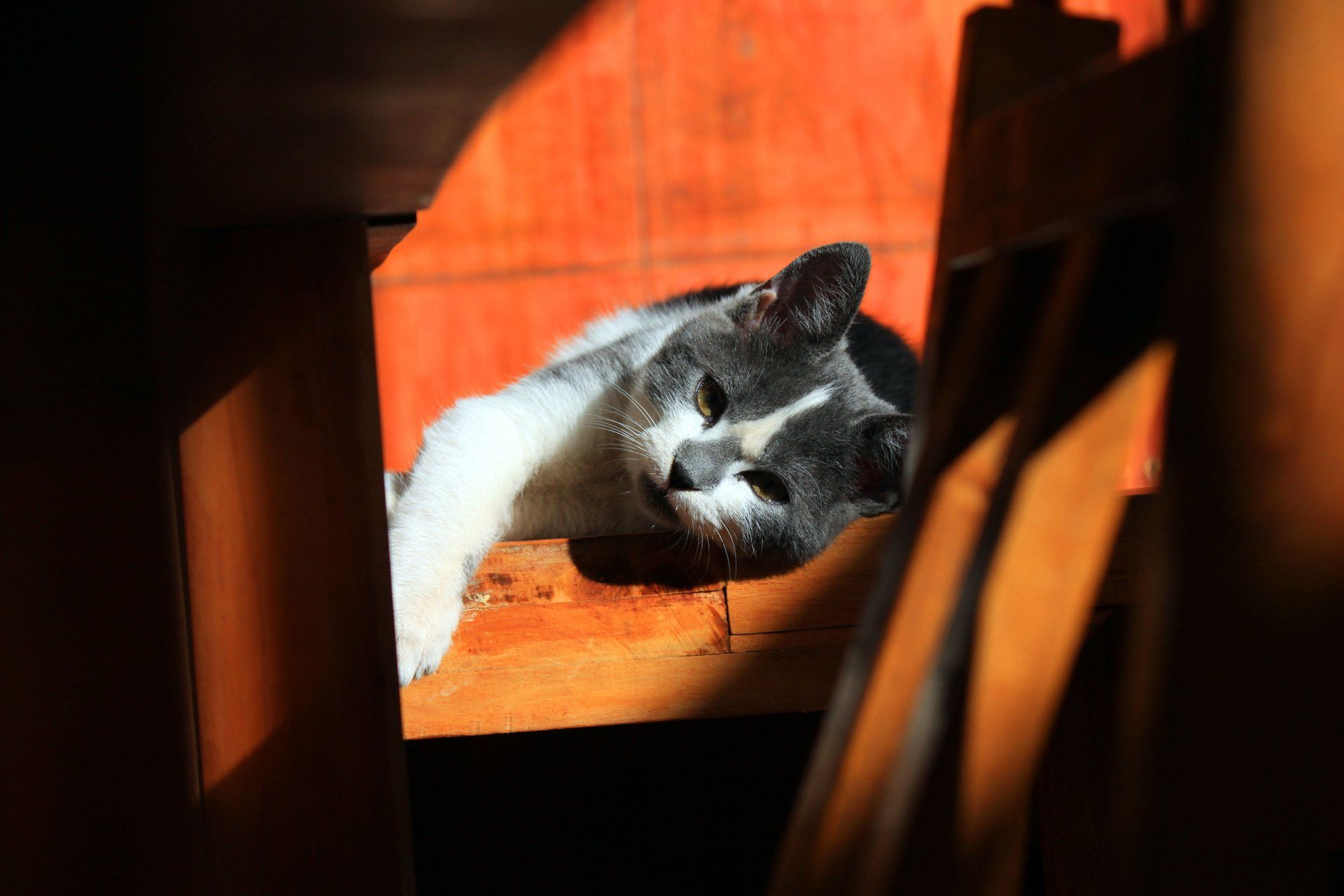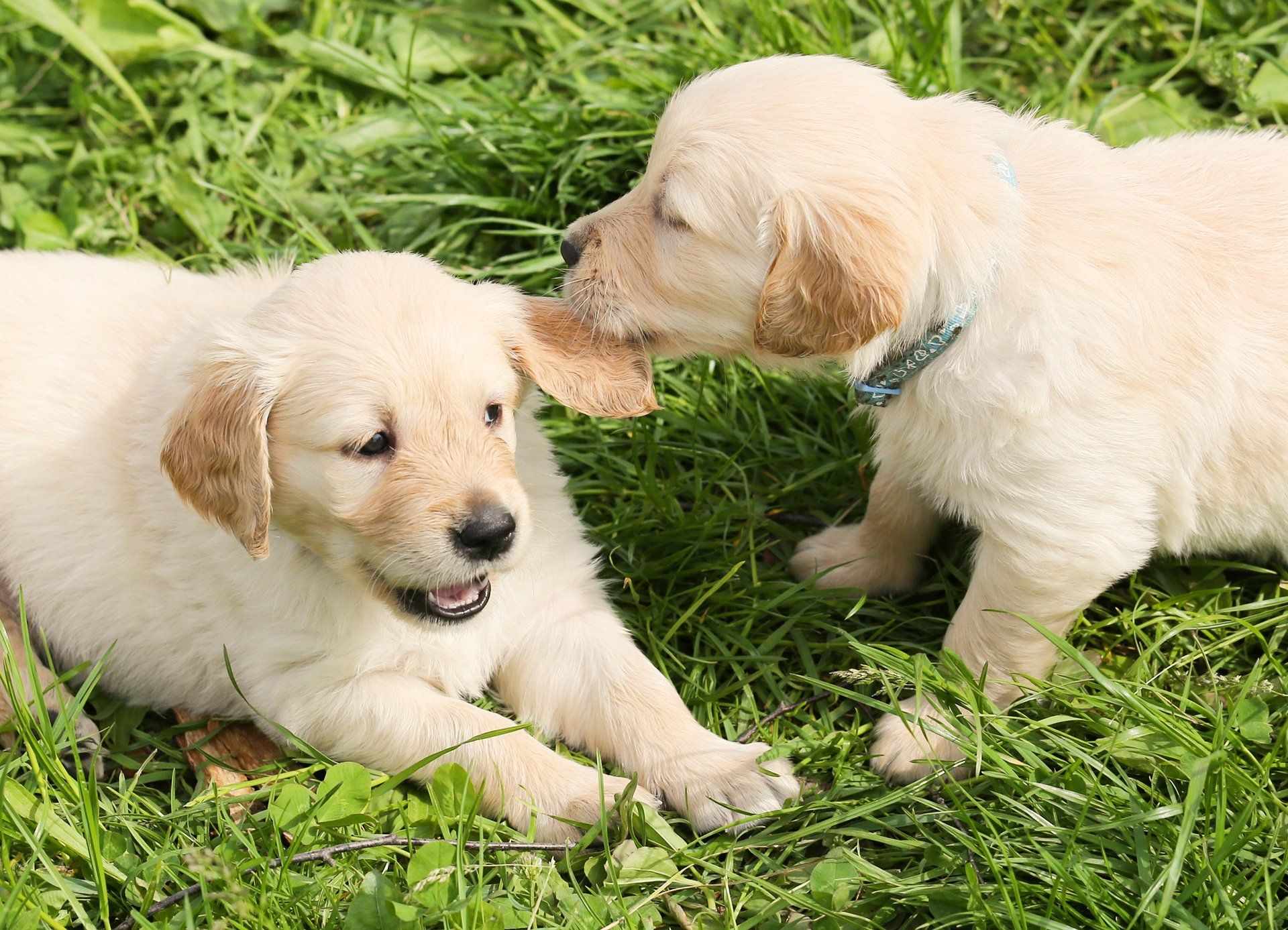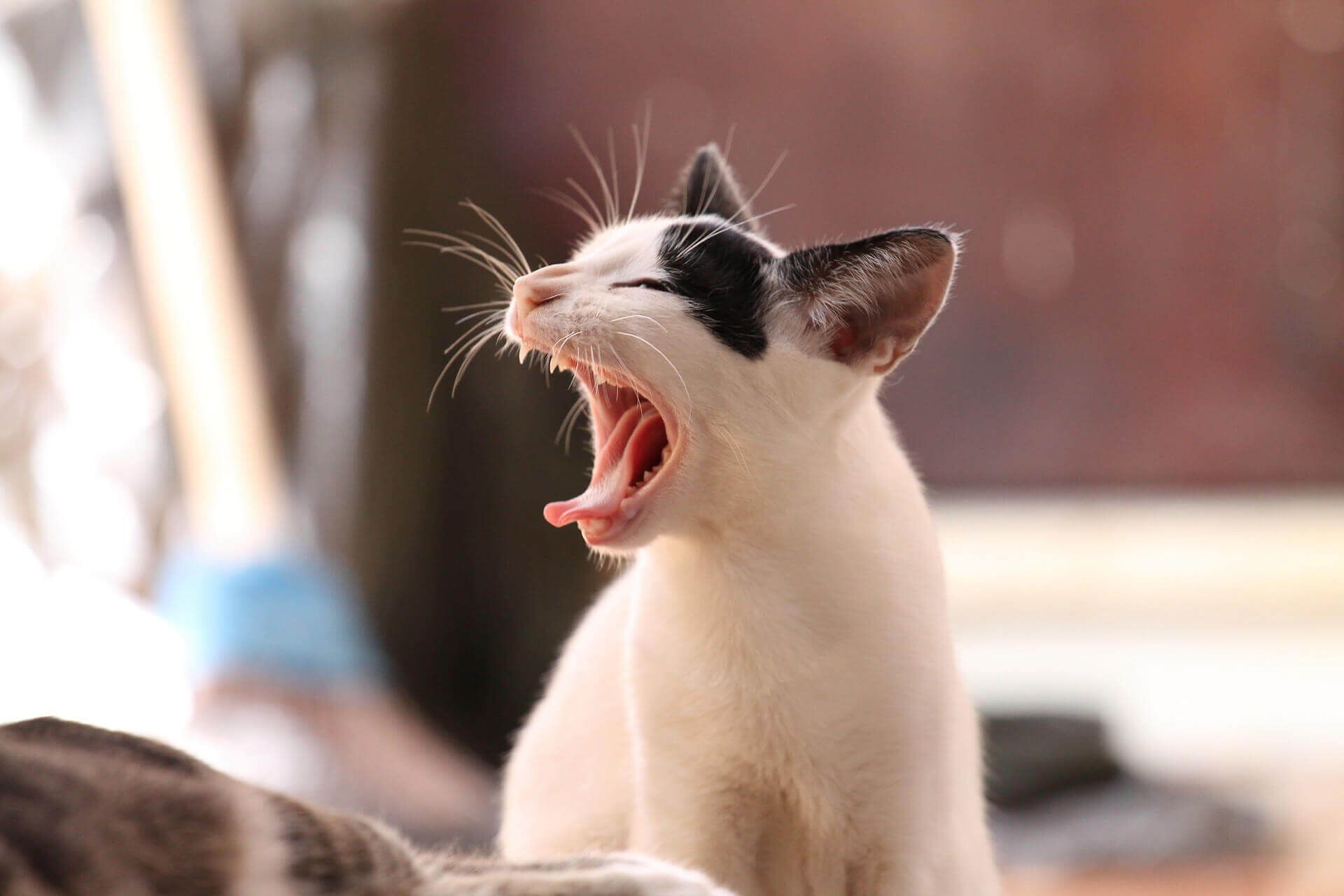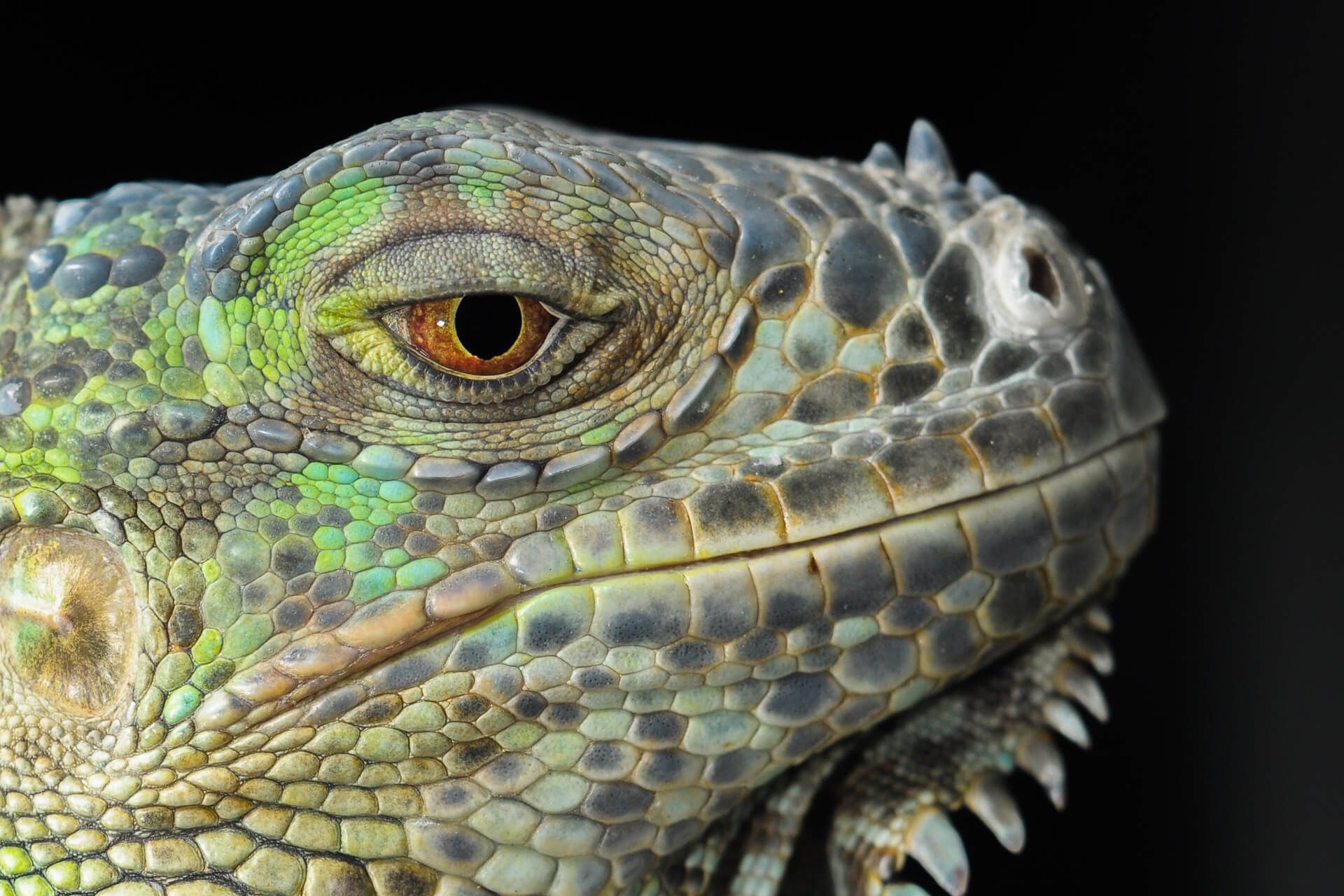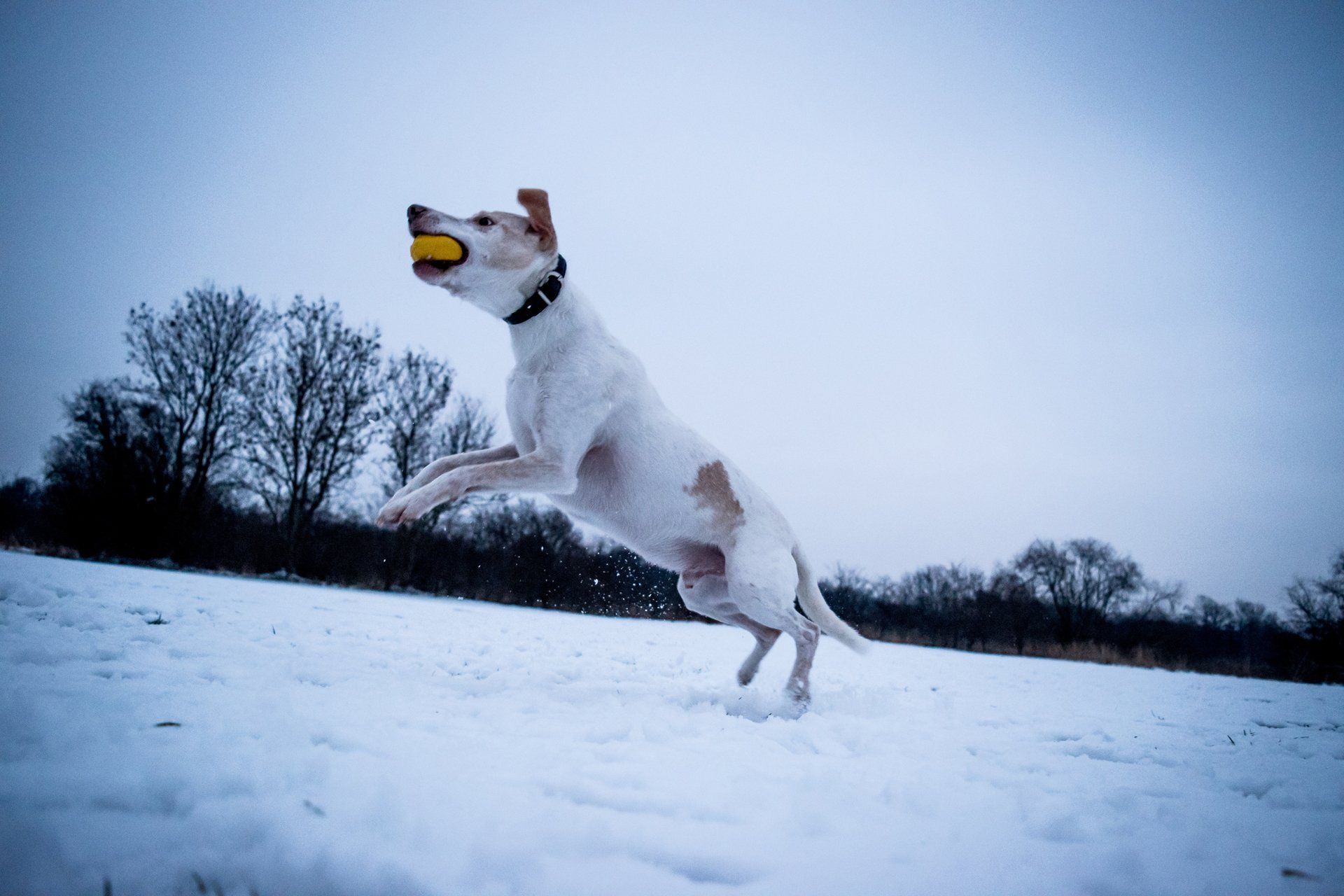What is Halitosis?
Just because your pet doesn’t brush its teeth everyday doesn’t mean that it should have bad breath. Halitosis, more commonly known as bad breath, is the result of various conditions in the mouth and occasionally a sign of an underlying disease.
What causes Halitosis?
Periodontal disease is the most common cause of halitosis. Plaque accumulates on the teeth and readily serves as a surface on which bacteria can attach. After a short while the plaque mineralizes and produces tartar, also known as dental calculus. The tartar irritates and inflames the gums, thus making it possible for bacteria to invade and cause infection. The bacterial population changes over time to a more damaging strain that can destroy bone and eventually tooth loss. These bacteria produce hydrogen sulfide gas, which is the substance that causes the halitosis. Some other causes of bad breath are diet, tonsillitis, pharyngitis, foreign bodies, cancerous mass, and trauma.
How is this diagnosed?
Halitosis is most commonly first diagnosed by the owner. Other signs of periodontal disease are pawing the mouth and trouble chewing hard food. It is normally a painful disease, but most cats and dogs fail to show any signs other than the bad breath. An exam by a veterinarian is necessary for a diagnosis of the exact cause of the halitosis.
How is it treated?
Treatment for the halitosis depends on the underlying cause. Antibiotics may be necessary to kill the odor-causing bacteria and remove the inflammation. Dental cleaning can lessen the halitosis and protect against the consequences of the damaging bacteria in the mouth. With the animal under general anesthesia, the teeth are cleaned with a mechanical scaler to remove the tartar and then polished. If necessary, any decaying teeth will be pulled. Antibiotics and pain medication may be prescribed depending on the severity of the periodontal disease. Some animals may require dental cleanings more often due to individual variation, diet, and make up of the saliva.
Prevention
Once the tartar has been removed, several preventive products are now available to keep the animal’s teeth and gums healthy. Specially designed toothbrushes and specially formulated mouth rinses and toothpastes help curb the build up of plaque and tartar. Dog chews containing chlorhexidine, a non-toxic cleanser, are also available. Several dog food companies have diets that promote dental health. We carry and recommend Science Diet T/D which is very good for the maintenance of tartar build up. Regular dental prophylaxis should be a part of every pet’s routine health care and reduce the chance of more serious oral diseases. To quote an old adage: “An ounce of prevention is worth a pound of cure.”


